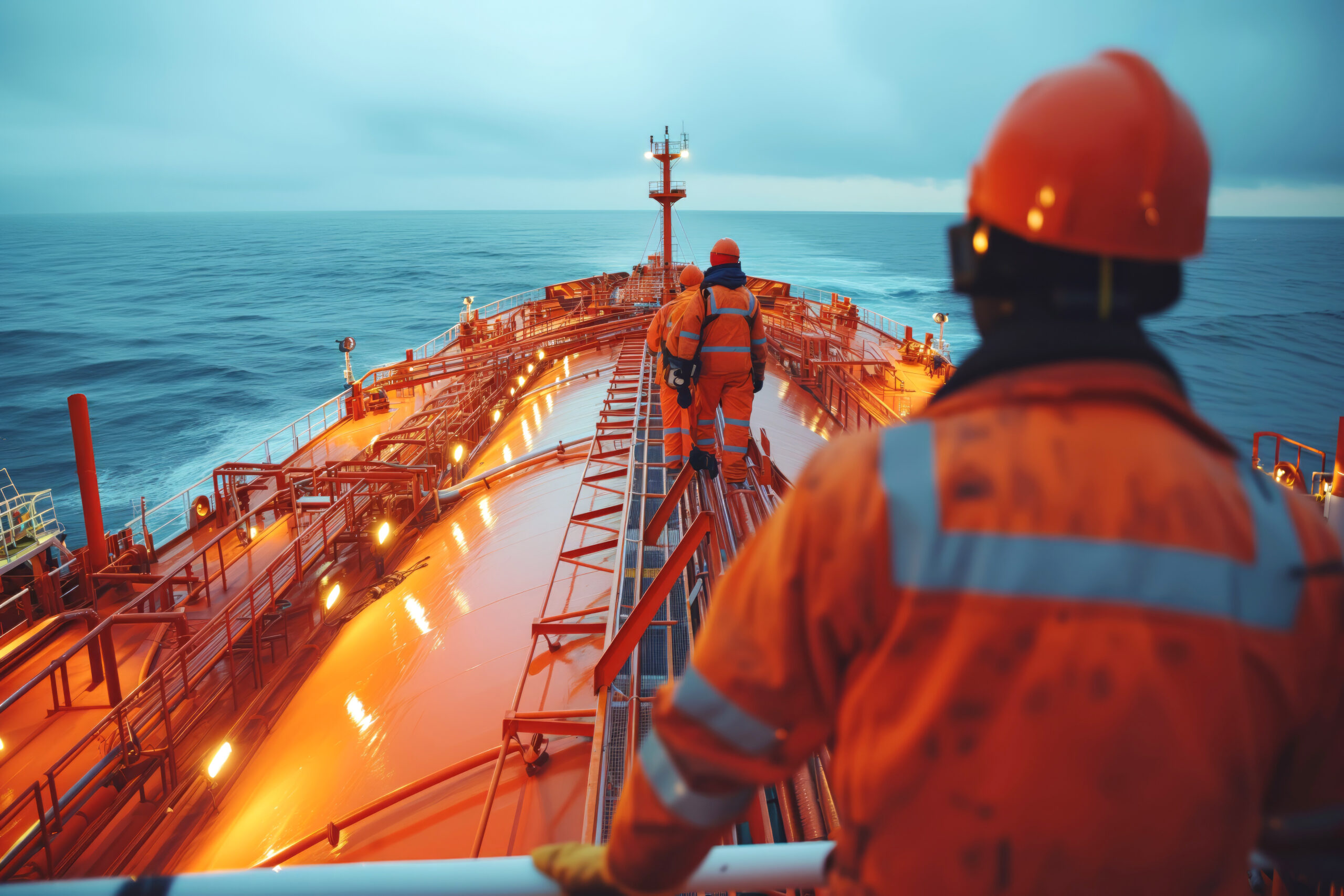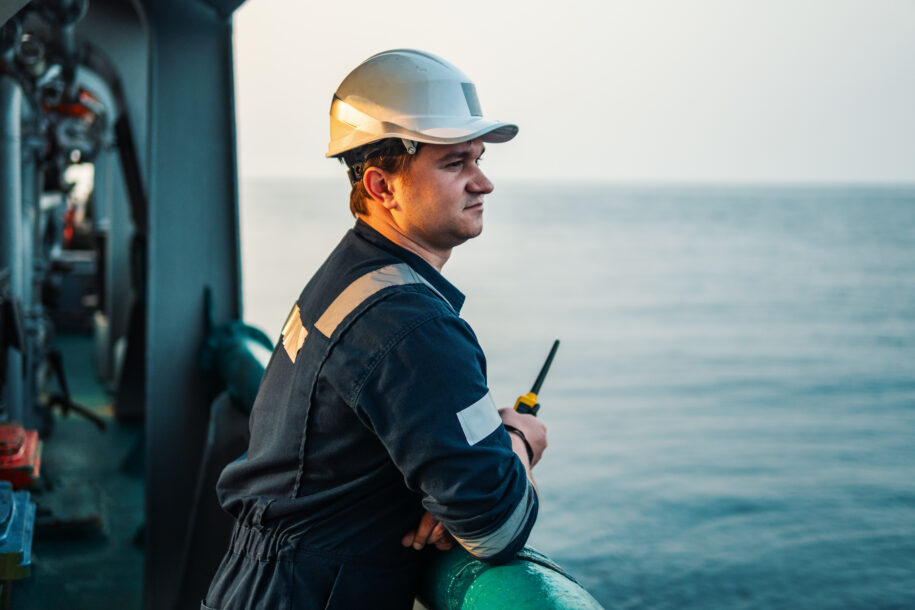The International Marine Contractors Association (IMCA) plays a pivotal role in promoting safety and environmental stewardship within the marine industry. By aligning its guidelines with international conventions like the International Convention for the Prevention of Pollution from Ships (MARPOL), IMCA ensures that marine operations adhere to the highest safety and environmental standards.
As marine activities increase globally, the risks to the marine environment also rise. To combat this, organizations like IMCA and international conventions like MARPOL work collaboratively to establish and enforce stringent safety and environmental measures.

Understanding MARPOL
MARPOL is the primary international convention aimed at preventing marine pollution from ships, whether due to operational activities or accidental causes. Established by the International Maritime Organization (IMO), MARPOL addresses various pollution sources through its six annexes:
- Annex I: Prevention of pollution by oil.
- Annex II: Control of pollution by noxious liquid substances in bulk.
- Annex III: Prevention of pollution by harmful substances carried by sea in packaged form.
- Annex IV: Pollution by sewage from ships.
- Annex V: Pollution by garbage from ships.
- Annex VI: Prevention of air pollution from ships.
These annexes cover a broad spectrum of environmental threats and set forth regulations to minimize pollution, safeguard ecosystems, and protect marine biodiversity. Compliance with MARPOL is mandatory for all signatory states, making it a cornerstone of marine environmental protection.
IMCA’s Role in Enhancing Safety Standards
IMCA develops comprehensive guidelines and codes of practice to promote safe and efficient marine operations. These standards cover diverse aspects of marine activities, from pollution prevention to crew training and vessel maintenance. By aligning its standards with MARPOL regulations, IMCA ensures that its members operate responsibly, minimizing risks to the environment.
One of IMCA’s primary goals is to establish a framework where safety and environmental concerns are addressed collectively. This includes promoting the use of cutting-edge technologies, implementing stringent inspection protocols, and fostering a culture of sustainability within the marine sector.
Alignment of IMCA Guidelines with MARPOL
1. Pollution Prevention Measures
- Oil and Oily Water Management: IMCA’s guidelines emphasize the proper management of oil and oily water to prevent marine pollution. This aligns with MARPOL Annex I, which regulates the prevention of pollution by oil. IMCA advocates the use of advanced technologies such as Oil Discharge Monitoring Equipment (ODME) and Oil Content Meters (OCM) to monitor and control discharges, ensuring compliance with MARPOL standards.
- Handling Noxious Liquid Substances: In accordance with MARPOL Annex II, IMCA provides guidance on the transportation and handling of hazardous substances in bulk. These measures include strict operational procedures and vessel design standards to mitigate accidental discharges.
2. Waste Management
- Garbage Disposal: Effective waste management is essential in protecting marine environments. IMCA’s waste management guidelines align with MARPOL Annex V, ensuring proper segregation, storage, and disposal of ship-generated waste. The guidelines also encourage the use of port reception facilities for efficient waste handling.
- Sewage Treatment: Aligning with MARPOL Annex IV, IMCA highlights the importance of efficient sewage treatment systems. These systems are designed to ensure that treated discharges meet international standards, reducing harm to marine ecosystems.
3. Air Emission Controls
- Limiting Sulphur Oxide (SOx) and Nitrogen Oxide (NOx) Emissions: IMCA supports the implementation of measures to control air pollution, in line with MARPOL Annex VI. The IMO 2020 regulation, limiting sulphur content in fuel oil to 0.50%, is a significant milestone. IMCA provides practical solutions, such as exhaust gas cleaning systems and alternative fuel sources, to meet these stringent requirements.
- Reducing Greenhouse Gas Emissions: To combat climate change, IMCA promotes the adoption of energy-efficient vessel technologies and operational practices. These efforts align with the broader objectives of MARPOL, contributing to global efforts to curb greenhouse gas emissions.
4. Vessel Inspection and Maintenance
IMCA’s Common Marine Inspection Document (CMID) is a standardized tool for inspecting marine vessels. This comprehensive document includes specific sections on pollution prevention, ensuring vessels meet MARPOL requirements. Regular inspections help identify potential risks, ensuring that vessels remain compliant and operate safely.
Routine maintenance is another key focus area. IMCA emphasizes proactive maintenance to reduce the likelihood of equipment failures, which could lead to environmental incidents. This is particularly important for systems such as ballast water treatment units, sewage systems, and emission controls.
5. Training and Competence
- Crew Training: IMCA places significant emphasis on crew training, ensuring that personnel are well-versed in pollution prevention measures and emergency response protocols. Familiarity with MARPOL regulations is a core component of training programs, enabling crews to respond effectively to environmental risks.
- Safety Management Systems: Safety management systems are critical for integrating environmental considerations into everyday operations. IMCA encourages the adoption of these systems to ensure a holistic approach to marine safety and sustainability.
The Importance of Collaborative Efforts
IMCA’s alignment with MARPOL highlights the importance of collaboration between industry bodies and international organizations. By combining technical expertise with regulatory frameworks, these partnerships ensure that marine activities are both safe and environmentally responsible.
Innovation also plays a crucial role in achieving these goals. IMCA encourages its members to adopt emerging technologies, such as autonomous systems and digital monitoring tools, to enhance compliance with MARPOL and reduce their environmental footprint.
Conclusion
IMCA’s commitment to enhancing safety standards in marine operations is evident through its alignment with MARPOL regulations. By addressing pollution prevention, waste management, air emission controls, vessel inspection, and crew training, IMCA ensures that its members operate responsibly and sustainably.
The collaboration between IMCA and MARPOL underscores the marine industry’s dedication to environmental protection. Through continued innovation, stringent enforcement, and collective responsibility, these efforts are paving the way for a safer and greener future in marine operations.
For more information on IMCA’s guidelines and their alignment with MARPOL, refer to IMCA’s official publications and the International Maritime Organization’s resources.
